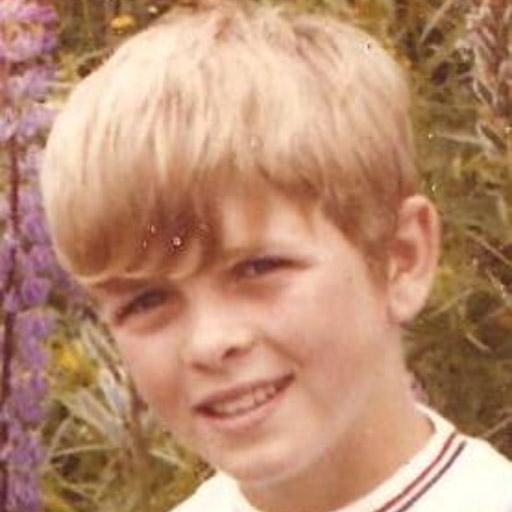
Todd Eavis, PhD
- Associate Professor, Computer Science and Software Engineering
Are you the profile owner?
Sign in to editResearch areas: programming languages, code generation, continuous integration and delivery
Contact information
Email:
Biography
Todd Eavis received his PhD in 2003 from Dalhousie University in Halifax and was an NSERC postdoctoral fellow at Carleton University in Ottawa. He joined the faculty of Concordia University in 2004, where he is currently an Associate Professor in the Department of Computer Science and Software Engineering. His general research focus is the design of programming languages and software development environments.
Publications
The eventual distribution target for the current work is the Open Source community, as opposed to imprisonment behind the customary paywall.
For the sake of completeness, a random sample of old, completely unrelated publications, is below. Others can be found on DBLP.
- Omer Baluch and Todd Eavis, "Soft Real-time OLAP: Exploiting modern hardware without breaking the bank", 1st International Workshop on High Performance Computing for Big Data (in conjunction with the 43rd International Conference on Parallel Processing), Minneapolis, USA, 2014.
- A. Taleb, T. Eavis, and H. Tabbara, "Query optimization for the NOX OLAP algebra", LNCS Transactions on Large-Scale Data and Knowledge-Centered Systems, 2013.
- Todd Eavis and Ahmad Taleb, "Query optimization and execution in a parallel analytics DBMS", International Parallel and Distributed Processing Symposium (IPDPS), Shanghai, China, 2012.
- T. Eavis, X. Zheng, "Multi-level Frequent Pattern Mining", Database Systems for Advanced Applications (DASFAA), Brisbane, Australia, 2009.
- Y. Chen, F. Dehne, T. Eavis, and A. Rau-Chaplin, "PnP: Sequential, External Memory, and Parallel Iceberg Cube Computation", Journal of Distributed and Parallel Databases, 2008.
- Y. Chen, F. Dehne, T. Eavis, A. Rau-Chaplin, D. Green, E. Sithirasenan, cgmCube: Efficient Parallel Generation and Querying of Terabyte Size ROLAP Data Cubes", International Conference on Data Engineering (ICDE), Atlanta, USA, 2006.
Teaching activities
Dr Eavis's teaching includes courses with a focus on programming languages and system architectures. Classes that he has taught include:
- COMP 228: System Hardware
- COMP 248: Object Oriented Programming I
- COMP 249: Object Oriented Programming II
- COMP 346: Operating Systems
- COMP 348: Principles of Programming Languages
- COMP 352: Data Structures and Algorithms
- COMP 353: Databases
- COMP 428: Parallel Programming
- COMP 444: Systems Programming
- COMP 451: Database Design
- COMP 6411: Comparative Programming Languages (Graduate level)
- COMP 6521: Advanced Database Applications (Graduate level)
Research activities
- 90/10 syntax (90% of the functionality, with 10% of the obscurity)
- Extensive code generation (why write what can be inferred)
- Platform agnostic development (portability without severe performance degradation)
- Seamless delivery to the Cloud (the desktop is dead - long live the Cloud)
- Transparent builds (nobody deserves to maintain a build system )
- Continuous Integration/Delivery as the default (waterfalls are for fish, not software)
- Integrated coding, unit testing, and delivery (the natural outcome of the other targets)

